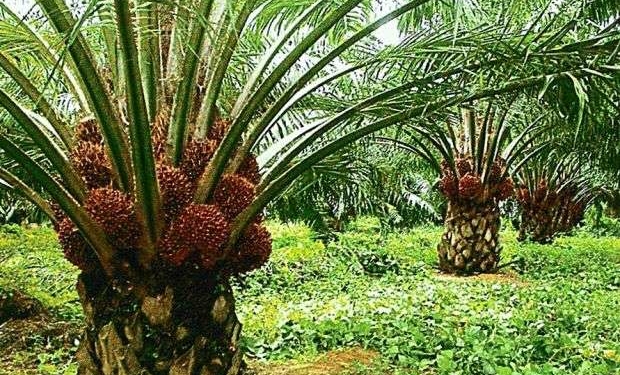- Salifou Tiemtore expresses concern over West African countries’ insufficient palm oil production to meet regional demand
- He highlights the need for incentives to boost palm oil production in Nigeria and leverage the ECOWAS ETLS for market coverage
Salifou Tiemtore, the Director of Customs, Union, and Taxation at the ECOWAS Commission, has expressed concern over West African countries’ inadequate production of palm oil to meet regional needs.
Speaking to journalists on the sidelines of a meeting on the free movement of palm oil under the ECOWAS preferential tariff regime – the ECOWAS Trade Liberalization Scheme (ETLS) – in Abuja on Tuesday, Tiemtore highlighted the region’s dependency on palm oil imports.
He stated, “Let me tell you the truth, till now, with the statistics we have, we still need to import palm oil. What we are producing is not enough for our own consumption. If you take a country like Nigeria, it has the capacity to double its production in terms of palm oil, but we need to put in place some incentives so that through ECOWAS ETLS Nigeria can cover the Nigerian market and also go beyond the Nigerian market.”
Tiemtore emphasized that West Africa possesses the potential to fulfill member states’ palm oil needs if entrepreneurs are supported to expand production and leverage the ECOWAS ETLS.
Mrs. Massandje Toure-Litse, Commissioner for Economic Affairs and Agriculture at the ECOWAS Commission, identified taxation as a challenge in palm oil trading within the region. She highlighted the role of the ECOWAS ETLS in eliminating tariffs on business transactions within the region but noted that taxation issues persist.
She said, “Some products will go to some countries and the countries will ask them to pay tariffs when we know that under ECOWAS law, goods produced in our region should be free of tax.”
The meeting, attended by palm oil-producing countries and industry stakeholders including Ivory Coast, Togo, Benin, Nigeria, Ghana, and Liberia, aimed to address challenges facing the palm oil sector and propose solutions to enhance its resilience and growth potential within the ETLS framework.
Ambassador Yakubu Dadu, Head of the ECOWAS National Unit at the Ministry of Foreign Affairs, emphasized the importance of frank discussions to strengthen and protect the palm oil sector, ensuring its sustainability against external competition.
He underscored the need to establish measurable metrics based on production capacity, analyze import and export data, and collectively propose solutions to address challenges faced by the sector under the ETLS.










Discussion about this post